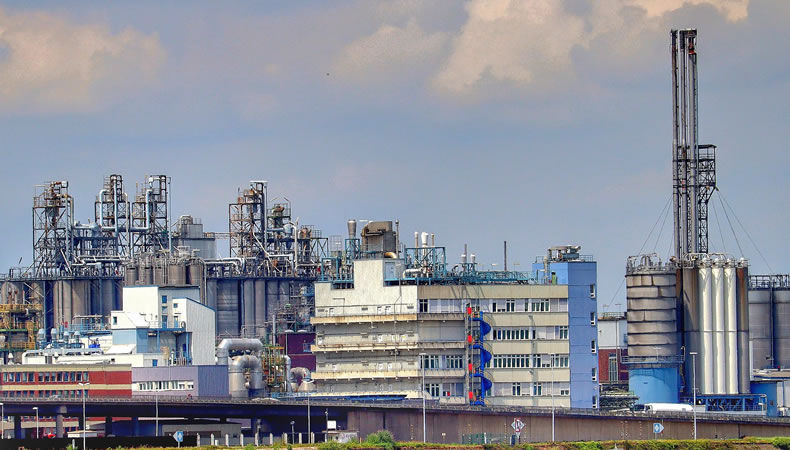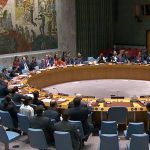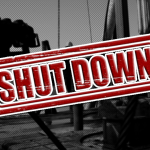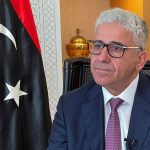Oil restrictions are costing Libya $60 million every day


Members of the committee “are in the process of achieving a final agreement that eliminates the problem of recurrent closures in recent times,” the Ministry stated in a statement on Facebook over the weekend. “With this, the Ministry of Oil and Gas declares that production in the halted fields will resume in the next days, with Allah Almighty’s aid.” Protests against the new government have taken place.
Tribal elders’ outrage at Prime Minister Abdul Hamid Dbeibah’s leadership sparked protests at oil sites around Libya. They declared a stop in oilfield output on April 17 until Dbeibah handovers control to Prime Minister Fathi Bashagha of the eastern-based parliament’s newly-elected administration. After violent conflicts halted down operations, Bashagha called on inhabitants in the Oil Crescent region (Tobruk in the east to the Gulf of Sidra in the west) to enable the restart of oil shipments via a tweet. The damage has been done.
Related Posts
The National Oil Corporation stated that armed battles destroyed many sites in the Zawiya refinery, a recurrent occurrence at the complex that “continues to jeopardize the lives of workers and threaten the process safety, the safety of assets and structures,” according to the corporation. According to Anadolu Agency, Minister Aoun stated that the government was losing $60 million per day due to the shutdown of oil fields and ports, which equates to 500,000 barrels of oil.
At the Sharara field, the state-run National Oil Corporation claimed force majeure, which allows a corporation to evade contractual commitments due to unforeseen circumstances. Since the overthrow of longstanding tyrant Colonel Muammar Qaddafi in 2011, the nation has had several domestic disputes over oil and other resources. Oil production has long been a political problem in the country, as it accounts for nearly all of the government’s export profits.
However, according to Jalel Harchaoui, a Libya specialist, a fuel shortage is a serious issue in this scenario. “The oil blockade that Haftar [commander of the Libyan National Army] imposed in January 2020 started with simply one facility, then another, and eventually it extended across the country.” The amount of gasoline Libya exported practically dropped to nothing in a matter of weeks, according to The Africa Report.
Bashagha met with delegates from the Oil Crescent area on Sunday in an attempt to restart oil shipments. Bashagha stated in an interview with the Telegraph last week that the nation could compensate for the West’s present oil crisis in exchange for assisting the country with post-war infrastructure development. According to Harchaoui, Bashagha’s visit is an example of Western pressure owing to unprecedented global strain on oil reserves during the present Russian-Ukrainian conflict.
“What the people who blockaded the sites desired,” [Bashagha] said, “was a more transparent management of oil profits,” which is exactly the word used by US ambassadors working on a new financial framework to make the allocation of oil proceeds more clear.” The US ambassador to Libya, Richard Norland, pressed for the country’s central bank to secure oil income from theft in a statement released by the US embassy, hurrying through an agreement meant to depoliticize the country’s oil revenue management.












